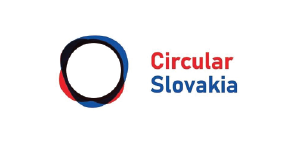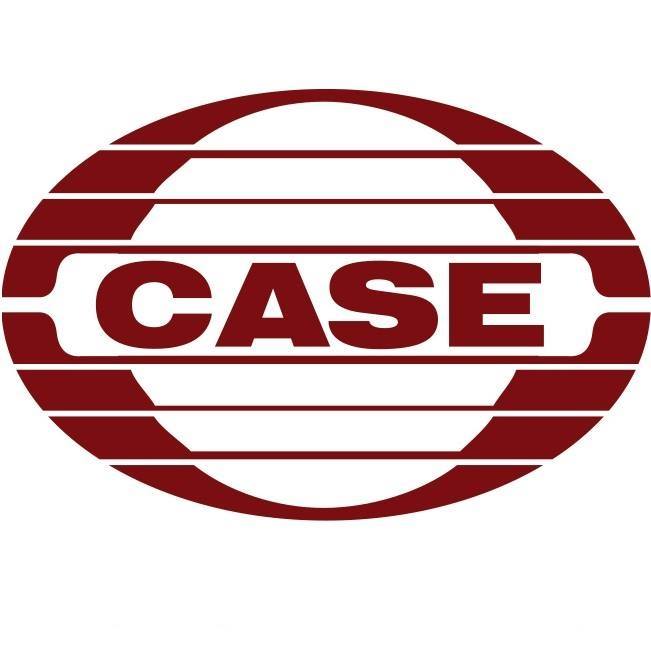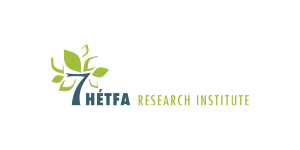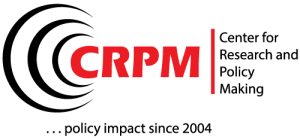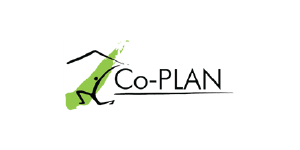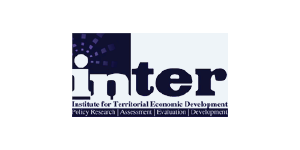
The project serves as a starting point for cross-regional capacity building in developing circular regions. It aims to support the circular transition in the Western Balkan countries by boosting SMEs in improving their circular performance. The project began by mapping cross border regions and gathering sector-specific information about the main obstacles to implementing the circular economy. The research on the regional level for Western Balkan countries will be identifying the needs, barriers, challenges and opportunities. The project mission is to smooth the way for the transformation towards circularity by exchanging knowledge and expertise and additionally supporting the process of creating new business models that strengthen the position of companies on the market through creating public-private partnerships and influencing the policy-creation level first. There is currently no way to accurately record the amount of waste which is deposited at the landfill, let alone to quantify it by type of waste (for example, food waste). The WB region is full of organic waste which can be used for alternative energy sources. Additionally, the project wants to start setting the field for the establishment of relationships between the IT companies that would be interested in helping to transition to a circular economy with digital tools. Therefore, the project helps the key actors in the Western Balkan region get familiar with the already existing options of being part of the circular supply chain such as https://cyrkl.com/en – a marketplace where people sell or buy industrial waste, by-products, secondary raw materials or used materials, as well as develop the informal and formal networks developing regional supply chains, which are non-existent for the moment and could help the region to transition faster.
The project supports Western Balkan partners in developing strategies to improve the sustainability of production, reducing, recycling and managing waste by looking at the entire lifecycle of products by exchanging the know-how and good practices between V4 and Western Balkan countries. It supports a shift from conventional supply chains to circular in the Central Eastern European region.
The circular economy is a feedback system that tries to minimize the inputs of resources (biological and technical) as well as the generation of wastes leaking into the environment, which is a big problem in the Western Balkan region. In a circular economy, the collection of used/consumed biological and technical goods for various reprocessing forms is critical. Circular economy principles are becoming increasingly integrated into manufacturing and distribution strategies, but there are no developed supply chain systems in the Western Balkans, on the contrary, the prevalence of illegal dumping and informal waste management practices. Addressing these practices requires the enforcement of regulations and raising awareness about the need to complete change in waste management in WB. Moreover, the study “GUIDELINES ON CIRCULAR ECONOMY FOR THE COUNTRIES OF THE WESTERN BALKANS AND TURKEY” compared data on the actions in the Western Balkans and Turkey: https://eeb.org/wp-content/uploads/2021/01/guideline-WBT_INCIEN_final.pdf, and then compared them to the actions implemented by organisations in some of the EU member states. It is possible to say that most of the actions are very similar but different at different levels. In countries of the Western Balkans and Turkey, most of the activities are implemented on a volunteer basis without particular regulations on the national level- with this project we would like to start making the regulations in collaboration with relevant stakeholders and develop private-public partnerships and establishing circular hotspots in the WB.
The project serves as a starting point for cross-regional capacity building in developing circular regions. It aims to support the circular transition in the Western Balkan countries by boosting SMEs in improving their circular performance. The project began by mapping cross-border regions and gathering sector-specific information about the main obstacles to implementing the circular economy. The research on the regional level for Western Balkan countries will be identifying the needs, barriers, challenges and opportunities. Policy briefs will be produced to inform the policy creators and makers in the region and presented during the regional conference. The research will include mapping of financial instruments that support/block the circular transition, market research, regional business opportunities and the creation of a circular economy road map that can be used further for the development of a software system with data from different suppliers and companies – supported by the good practice from Visegrád Countries. Systems and initiatives in the Visegrád countries that serve as platforms for collaboration, knowledge sharing, and project implementation, enabling stakeholders to work together towards a more circular supply chain can serve as good practices for the development of a circular economy in the WB region as well.
Activities
Gathering of good practices, case studies, qualitative data and desk analyses by the researchers. The research will be done on the regional level for Western Balkan countries, identifying the needs, barriers, challenges and opportunities. Systems and initiatives that already existing the Visegrád countries that serve as platforms for collaboration, knowledge sharing, and project implementation, enabling stakeholders to work together towards a more circular supply chain can serve as good practices for the development of a circular economy in the WB region as well.
Two-day Regional Conference which took place 27-29.05.2024 in Skopje, Macedonia brought together speakers, and guests who had the opportunity to interact in several sessions, including a panel discussion on the social and green economy, lessons fromV4, world café policy dialogues.
We will develop the policy briefs for the future of WB alignment and implementation of the European Green Deal (EGD), as well as regional cooperation and joint development of the Green Agenda for the Western Balkans (GAWB) with relevant experts from V4 countries (Czech Republic, Slovakia, Hungary and Poland). Policy briefs will be produced to inform the policy creators and makers in the region and presented during the regional conference. The research will include mapping of financial instruments that support/block the circular transition, market research, regional business opportunities and the creation of a circular economy road map that can be used further for the development of a software system with data from different suppliers and companies – supported by the good practice from Visegrád Countries.
The campaign will be designed to share the importance of the transition to Circular ways and establishing/transforming to Green Businesses in the CEE region. It will share the good practices from the research in an attractive format, spread awareness of circular business models already at their start-up phase as well as adjust already existing ones, support the claims with the expertise from Visegrád and Western Balkan countries, and therefore contribute to the regional shift towards a more circular economy and the sustainable use of natural resources. In sectors as diverse as plastics, biowaste, food, or textiles and with the strong engagement of both public and business sectors as well as the wide audience that needs to be trained and educated to be more consumption conscious and waste-management aware.
